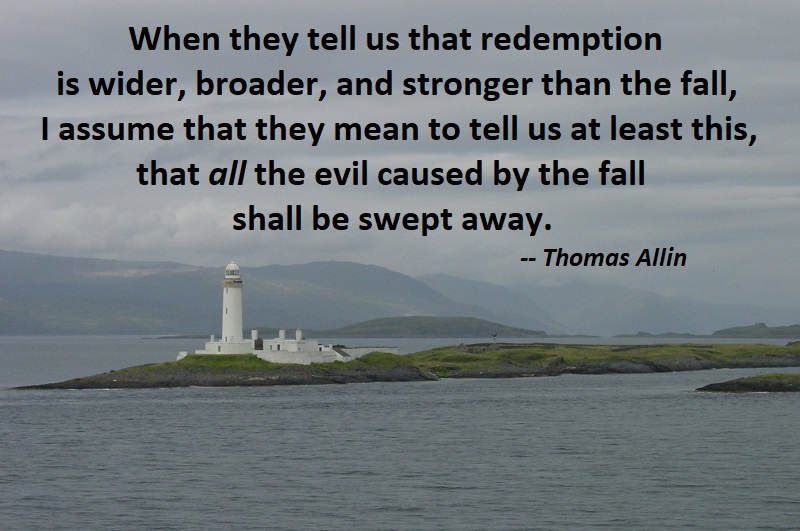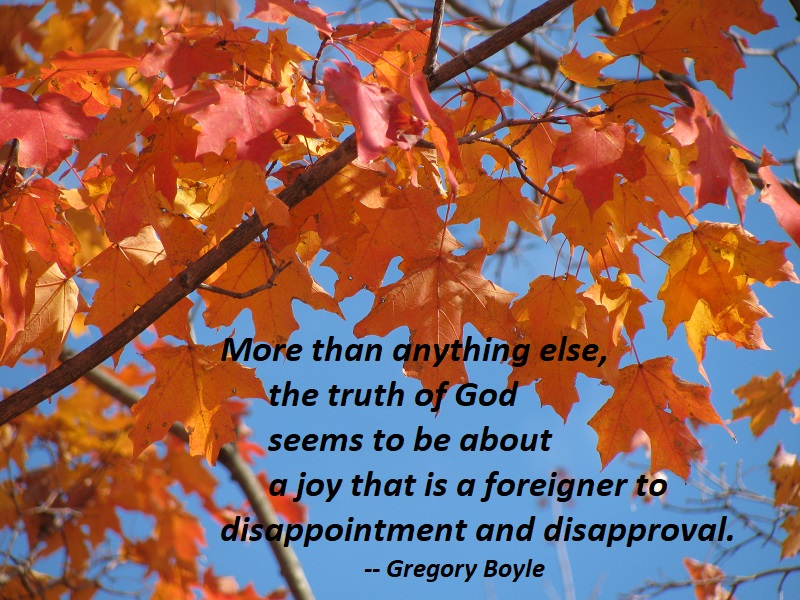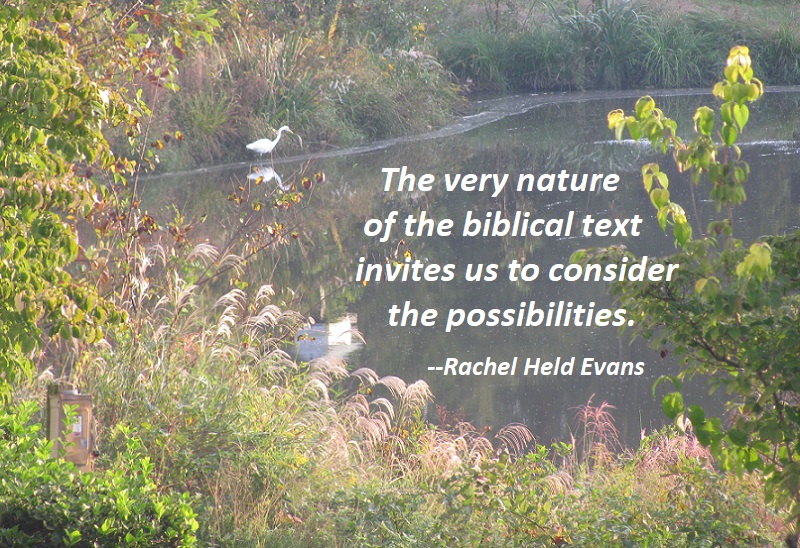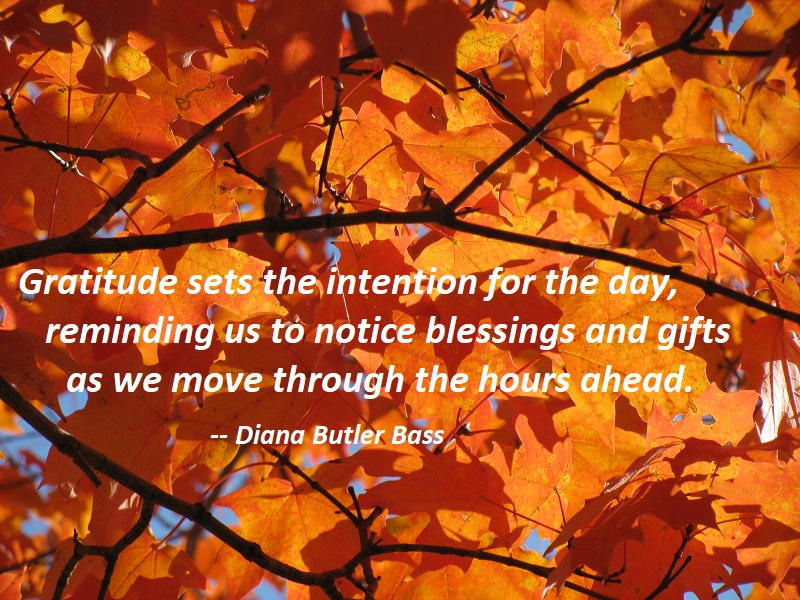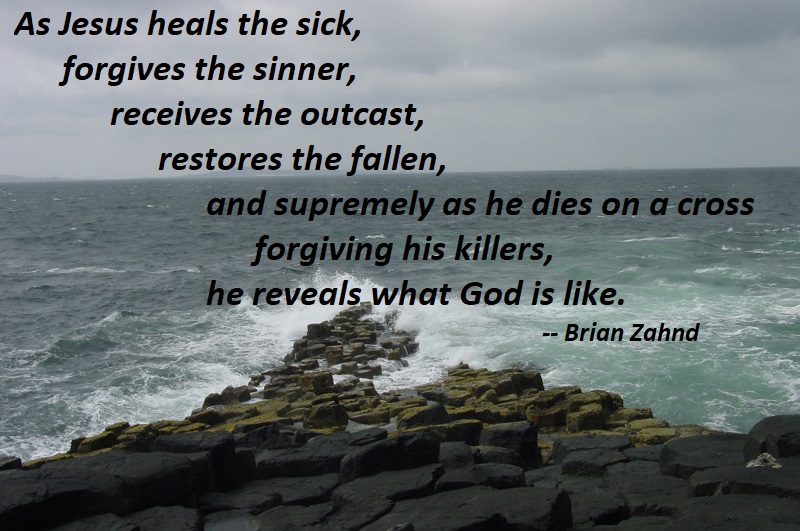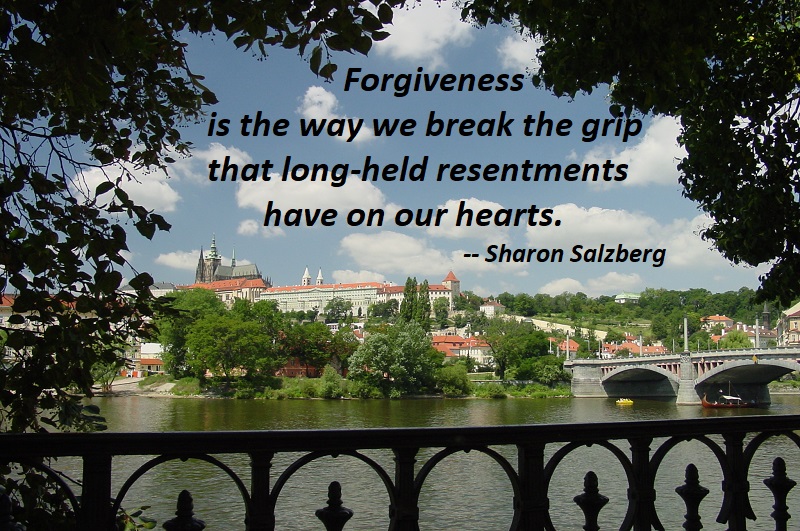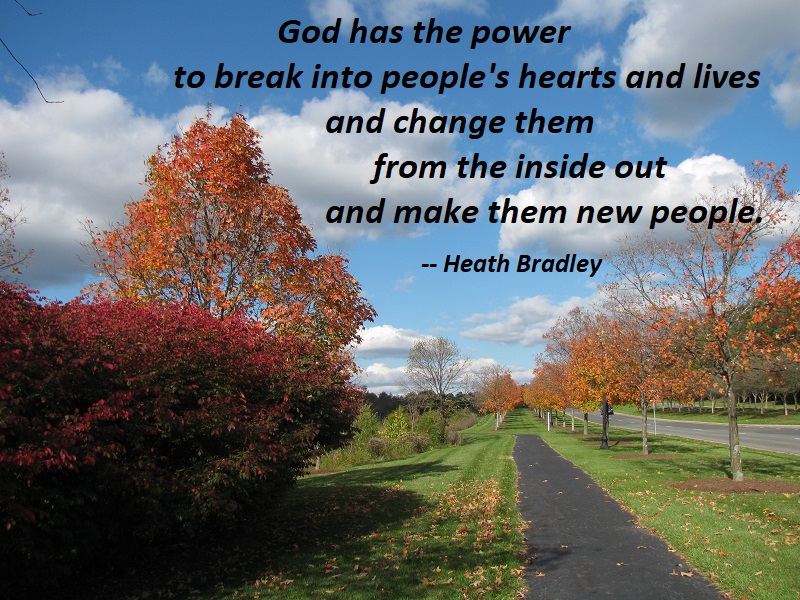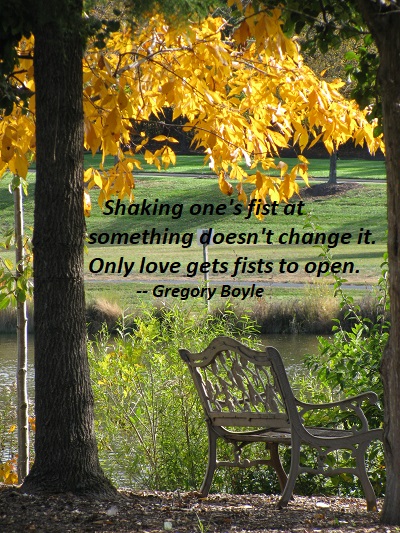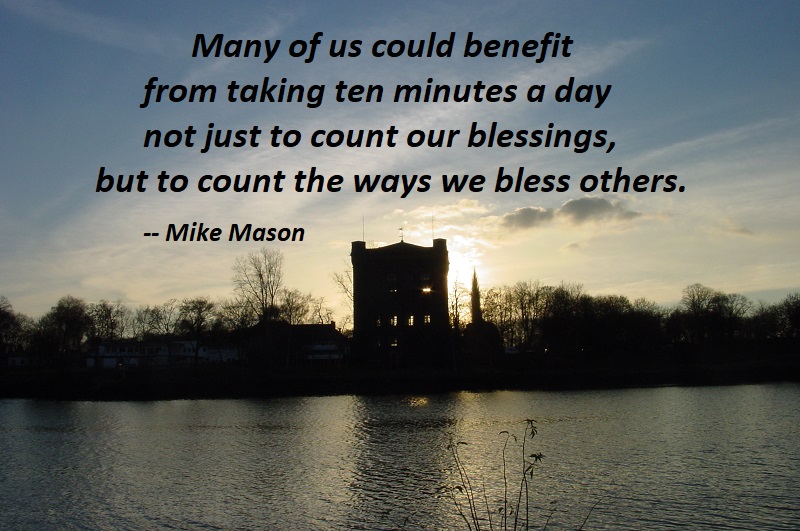All Means All
One thing only I ask, which common fairness and honesty require, that our Lord and his evangelists and apostles may be understood to mean what they say.
Thus, we shall look at a few instances out of many. When they speak of all men, I assume them to mean all men, and not some men. When they speak of all things, I assume them to mean all things. When they speak of life and salvation as given to the world, I assume them to mean given, and not merely offered. When they speak of the destruction of death, of the devil, and of the works of the devil, I assume them to mean that these shall be destroyed and not preserved for ever in hell. When they tell us that the whole of creation suffers, but that it shall be delivered, I assume that they mean an actual deliverance of all created things. When they tell us that redemption is wider, broader, and stronger than the fall, I assume that they mean to tell us at least this, that all the evil caused by the fall shall be swept away. When they describe Christ’s empire as extending over all things and all creatures, and tell us that every tongue must join in homage to him, I assume them to mean what these words convey in their ordinary sense. If I did not, should I not be making God a liar?
–Thomas Allin, Christ Triumphant, p. 241-242
Photo: From Ferry to the Isle of Mull, Scotland, July 12, 2003
